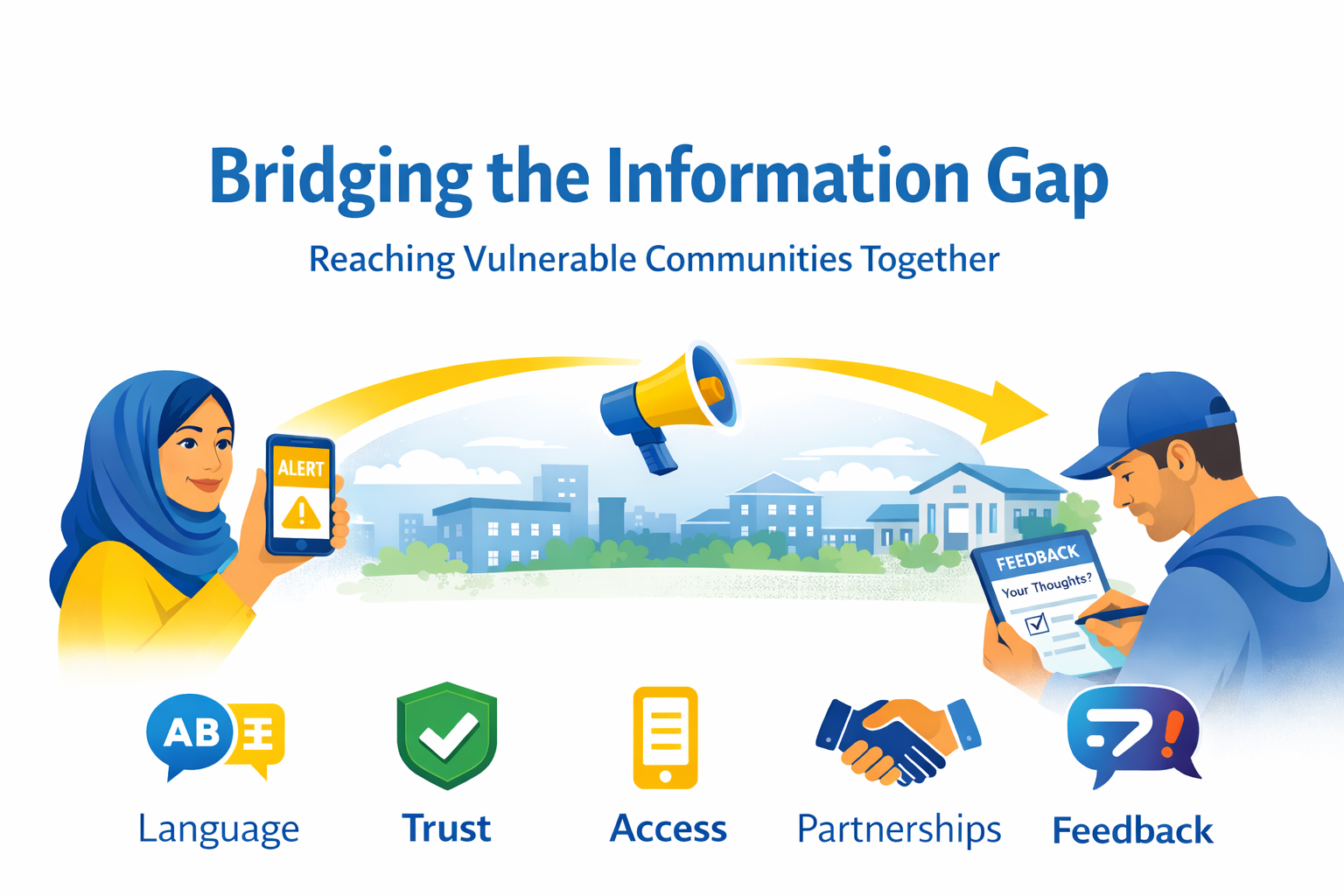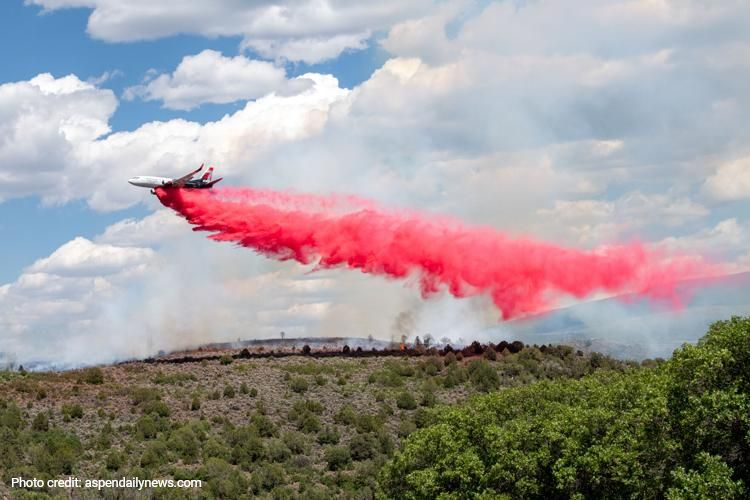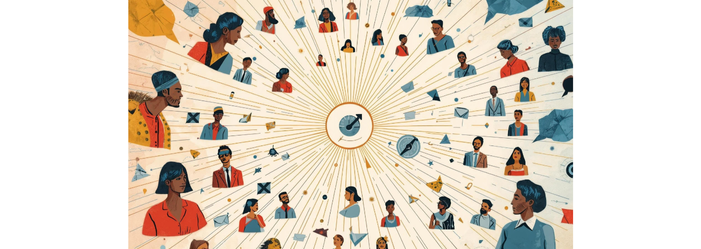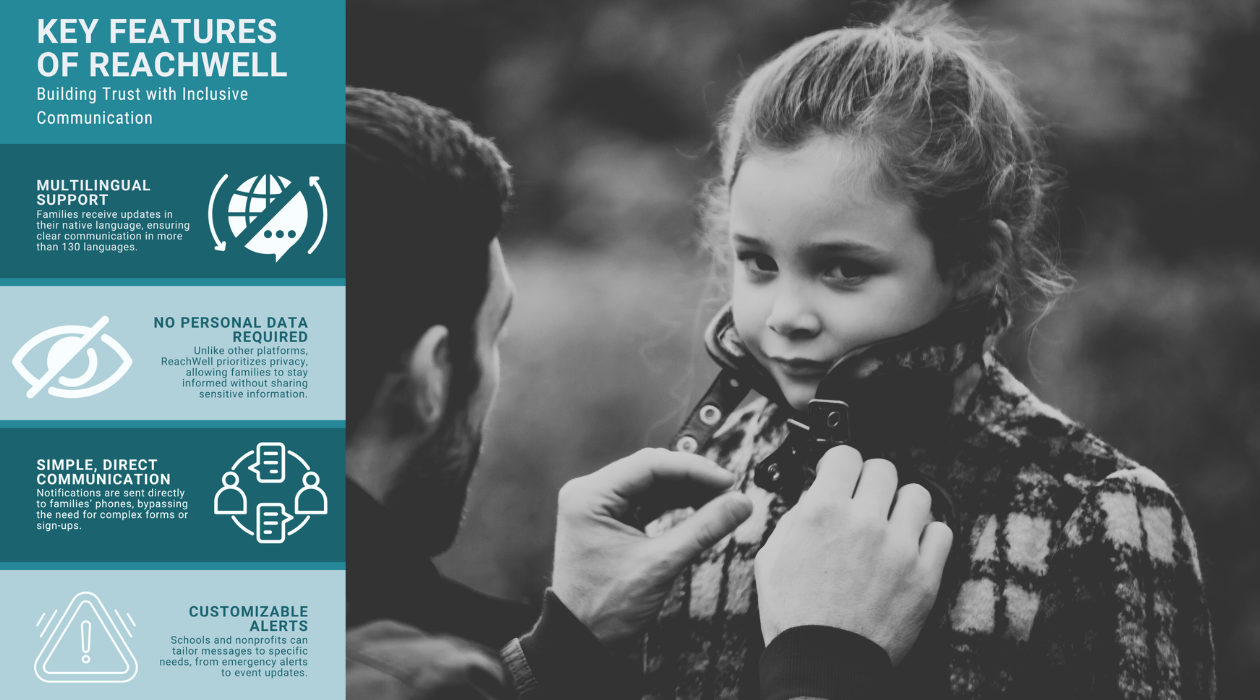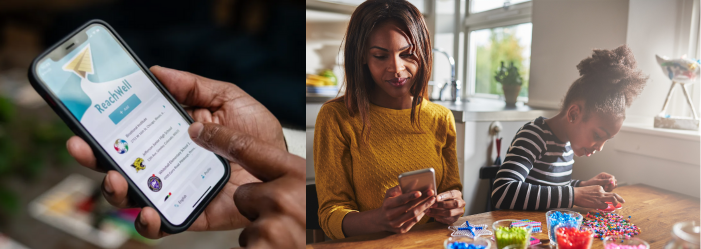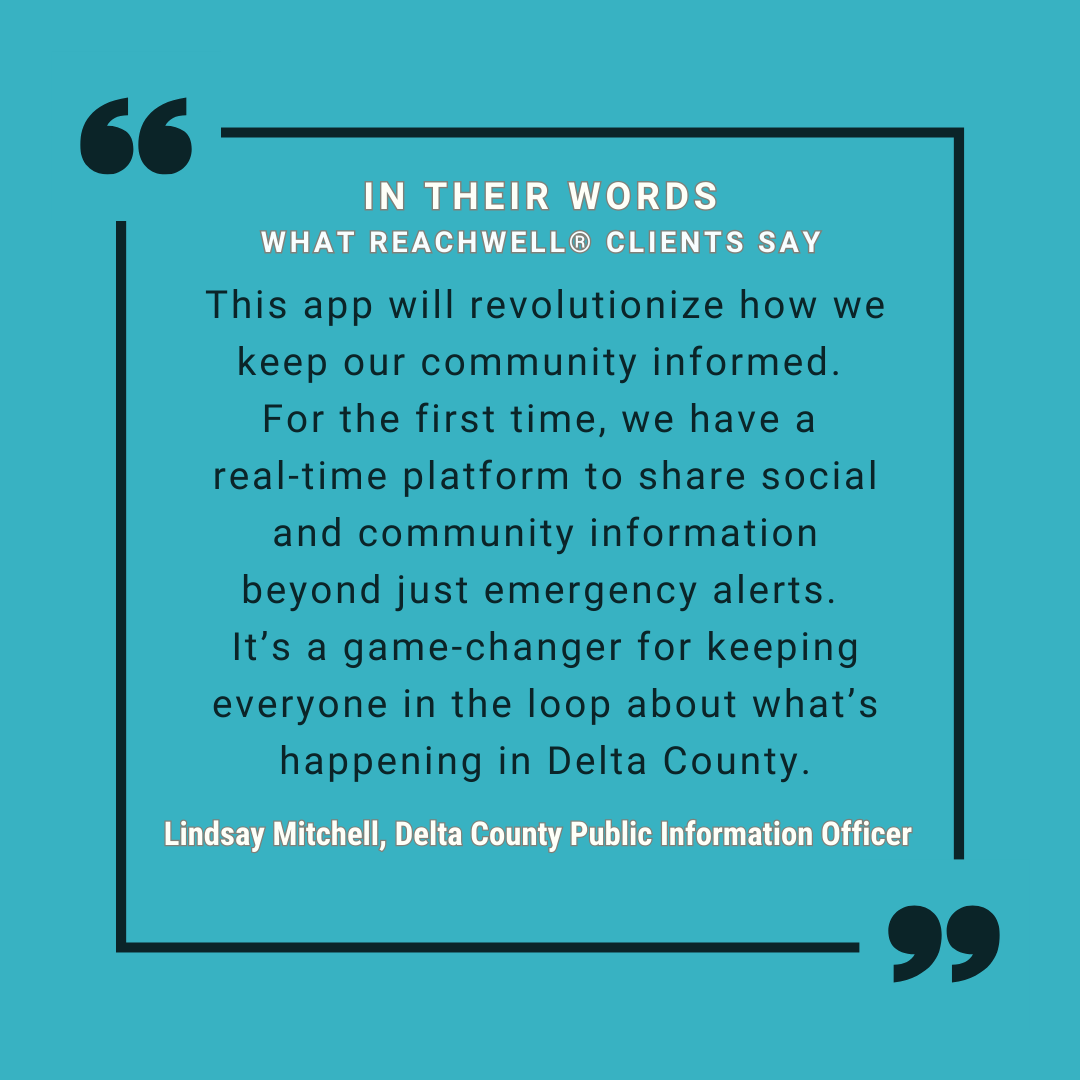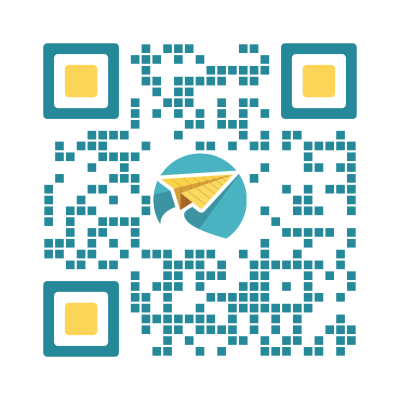King-Murphy Climbs New Heights...By Reading!

When King-Murphy sat down to consider their fall fundraiser, they had two main objectives:
- Motivate their community to contribute to a new STEM lab
- Encourage their students to develop great and sustainable academic habits
After considering their options, which included a running race, they decided to hold a “Read-a-Thon”. “Our kids are mountain kids,” said KM PTA Co-President, Lisa Dulski. “They’re outside all the time, so we thought it was more important to encourage kids in an educational way.” A Read-a-Thon presents a perfect platform to encourage the practice of reading for fun. It allows students to extend their learning beyond the classroom and set the stage for students to (hopefully!) grow into lifelong readers.
The King-Murphy PTA collaborated with the Flyer team to build out their fundraiser entirely from scratch (these are incredibly dedicated and brave PTA members we’re talking about here!) using their King-Murphy app to host informational content, access reading logs, collect donations, and track progress, all in one place! “The app has been essential for us because it gave us the ability to communicate constantly with our families,” said Lisa. “The app as a whole has allowed us to get more families on board and streamline the collection process.”
In addition to the prizes offered to individual winners of the Read-a-Thon, KM worked hard to emphasize the the communal nature of the event, encouraging teachers to foster camaraderie and team spirit by creating their own classroom-level incentives tailored to their specific group of students (because nothing motivates young learners like the potential of a Pajama Party, am I right?!). The Read-a-Thon also allowed KM an opportunity to reach beyond the school community to engage friends, extended family, and neighbors. The inclusivity of the Read-a-Thon was also a huge benefit, allowing families and students to participate fully whether or not they were able to financially contribute, and since the students were reading at home, it offered parents the opportunity to reinforce those habits and engage with their children.
We’re incredibly impressed by the effort that King-Murphy put into creating a thorough, robust, and adaptable fundraising toolkit and love that reading was at the heart and soul of their event. Check out their app to see all of their resources, and congratulations to everyone who contributed to the Read-a-Thon!




